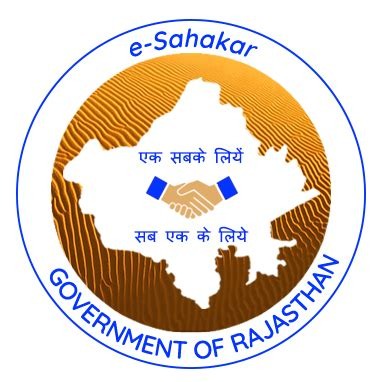The Rajasthan Government Has Announced Plans To Introduce A New Cooperative Act Aimed At Enhancing Transparency, Streamlining Governance, And Promoting Business Growth In Cooperative Societies. The Proposed Law Will Replace The 2001 Act And Introduce Modern Provisions For Democratic Management And Financial Accountability.
New law to replace outdated cooperative framework
In a major policy reform, the Rajasthan government is set to introduce a new Cooperative Act to replace the existing Rajasthan Cooperative Act of 2001. The move is intended to address long-standing issues of inefficiency, lack of transparency, and irregularities in cooperative societies across the state. Officials describe the proposed legislation as a “new cooperative code” that aligns with contemporary governance standards.
The new Act will simplify administrative procedures, strengthen democratic participation, and improve financial oversight. It is expected to empower cooperative members, enhance accountability, and foster a more business-friendly environment for cooperative ventures.
Committee-led drafting process
To ensure the new law reflects best practices, the government had earlier constituted a five-member committee tasked with studying cooperative models in states like Maharashtra and Gujarat. Based on their recommendations, the draft legislation incorporates key reforms aimed at making cooperative institutions more responsive and transparent.
Key highlights of the proposed Act
- The new law will replace the Rajasthan Cooperative Act, 2001 with updated governance norms.
- It aims to simplify operational procedures and reduce bureaucratic delays.
- Provisions will be added to curb financial irregularities and promote transparency.
- The Act will strengthen democratic management within cooperative societies.
- A five-member committee studied successful models from other states to guide the drafting process.
- The law is designed to boost business growth and public trust in cooperatives.
Implications for cooperative sector
The proposed legislation is expected to have far-reaching effects on Rajasthan’s cooperative landscape, which includes thousands of societies involved in agriculture, credit, housing, and rural development. By modernizing the legal framework, the government hopes to attract more participation and investment in the sector, while ensuring that cooperative institutions operate with integrity and efficiency.
Sources: Rediff, ThePrint Hindi, Devdiscourse





